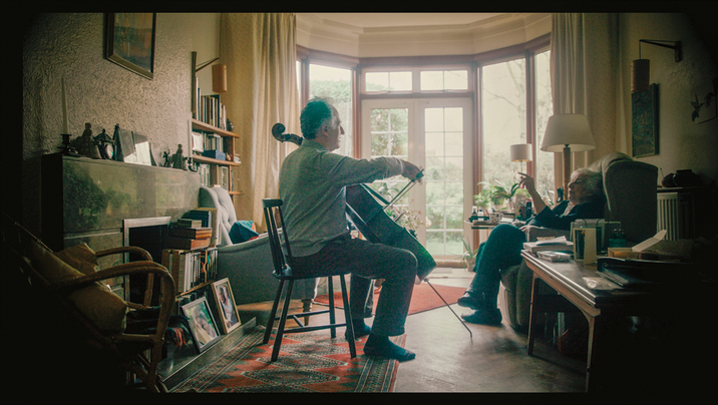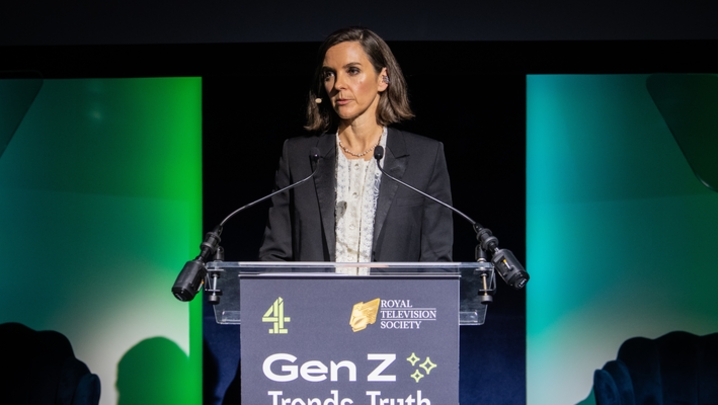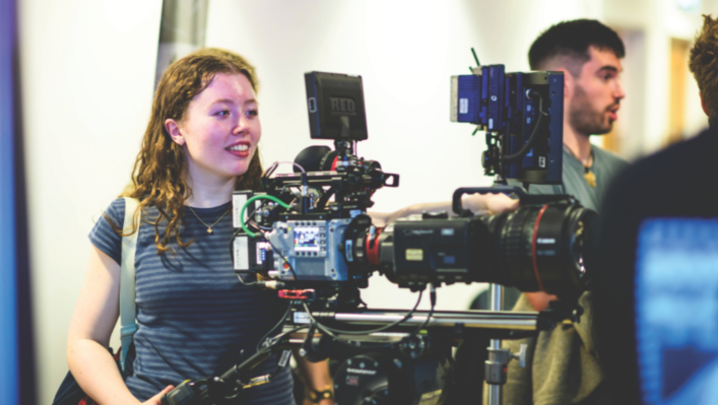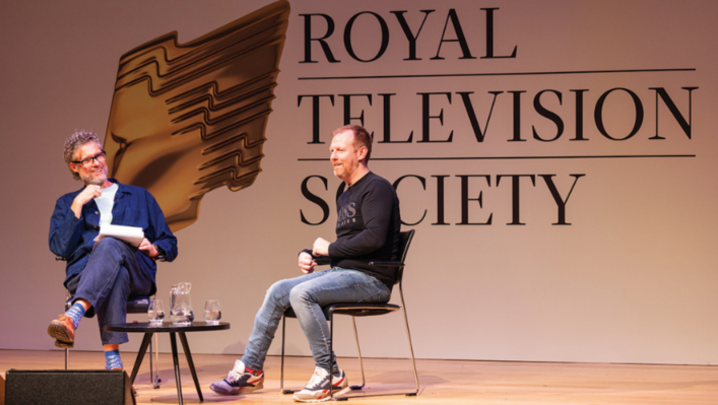Do traditional broadcasters risk losing prime billing on viewing menus as the tech giants muscle in? Torin Douglas investigates
Late last year, the UK’s two biggest commercial broadcasters, Sky and ITV, lambasted the global internet giants, contrasting their lack of regulation with the tightly controlled world of television.
In a speech to European broadcasters in Tallin, Sky Chief Executive Jeremy Darroch deplored the unevenness of the playing field: “At a time when there are serious questions over the veracity, safety and legality of much of the content to be found on the internet, television remains the gold-standard reference point for responsibility. Yet, we are in strange times.”
He went on: “We increasingly see our carefully regulated content and our socially responsible services appearing on the same devices and screens side by side with a completely unregulated free-for-all.
“That is not good for our customers or our industry, and it is not good for our society. The TV screen used to be the safe space. No longer.”
Two days later, at the Voice of the Listener and Viewer conference in London, ITV Chairman Sir Peter Bazalgette said the internet giants posed a “clear and present threat to civil society” in the UK. He called for Facebook and Google, which owns YouTube, to face stricter regulation and rejected their claim to be platforms rather than publishers as “frankly unsustainable”.
Sir Peter warned of “an increasingly visible collision between an international market for TV – driven by technology and global economics – and the UK TV market, where PSB channels are still watched by more than 80% of the population every week”.
And he highlighted the dangers for UK television if regulators got things wrong. “Just remember the terrible, ignorant mistake by the Competition Commission in 2009, banning Kangaroo – the proposed PSB VoD service,” he said. “It didn’t take long for Netflix and Amazon to dominate a market that we simply weren’t allowed to enter in a serious way.”
But ITV and Sky don’t always see eye to eye on regulation. Broadcasters now find themselves in a complex world of “frenemies” and alliances, sometimes collaborating and sometimes competing. ITV and Sky oppose each other over the requirement to give prominence on electronic programme guides (EPGs) to the PSBs.
Later this year, Ofcom will start a review of the EPG prominence rules and whether they should be updated. The scope of the review has yet to be decided, but Ofcom’s content group director, Kevin Bakhurst, explains: “We’ll consider whether the traditional channels are easy to find – on tablets, TVs and smartphones – for people who value their programmes.
“How will viewers find them in a world that’s becoming increasingly on-demand and personalised? We must consider this to ensure the PSBs are not drowned out.”
The review will reopen arguments played out last year during the House of Lords debate on the Digital Economy Bill, which were cut short by the snap general election. An amendment would have forced Sky, Virgin Media and other pay-TV providers to ensure that BBC, ITV, Channel 4 and Channel 5 on-demand content also gets top billing on the new generation of set-top boxes.
“If we want to cherish PSB then viewers need to be able to find its channels and its VoD services,” Sir Peter told the Voice of the Listener and Viewer conference. “Prominence on the home pages of Sky and Virgin is very important for us.
“Since around 50% of viewing on those two platforms is still of PSB channels, you’d think it was a no-brainer. But PSB prominence has been steadily eroded and now needs to be reinforced.”
Sir Peter’s public intervention is significant – recent ITV leaders have kept a low profile. With Dame Carolyn McCall arriving as ITV’s Chief Executive, the company seems ready to take a PSB leadership role.
Until now, the BBC has led the fight to update the EPG rules, particularly against Sky. James Purnell, the BBC’s director of radio and education, said last year: “On the UK’s leading pay-TV platform, Sky, the BBC’s children’s channels – where parents can rely on their children watching safe, trusted, British programmes without adverts – are listed below 12 US cartoon networks.”
The BBC says the latest Sky box, SkyQ, has made the free-to-air channels even harder to find. Sky sees things very differently and is calling for what it claims is a level playing field in regulation. “We have a real problem with this,” says Mai Fyfield, Sky’s chief strategy and commercial officer. “The only platforms that would get caught by an updating of the EPG rules are Sky, Virgin and BT – not the US tech companies.”
She says that would put the UK platforms at a real disadvantage. “It would also be a real own goal for the PSBs. We are linear-centred platforms that help the PSBs – they get more viewing via us than they do on pure on-demand platforms.”
Fyfield says the BBC children’s channels are listed below the US cartoon networks because the EPG numbers were allocated in the order the channels came on the air. And she adds that, in any case, children are quick to find their favourite channels.
“We’d like to promote BBC programmes on Sky Q with a tile on the home page,” she says. “That would lead viewers to its children’s channels, but, at the moment, it won’t allow us to do this, just as it doesn’t let Sky show BBC content on the Sky Go and Sky Q mobile apps.
If the BBC wants due prominence for its on-demand services, surely it must offer on-demand services to us?”
She admits that, when the Sky Q box was launched, viewers complained that the live channels were hard to find: “We listened and changed it – it’s designed to be an evolving platform. And, if you look at the catch-up page on our boxes, the BBC iPlayer is the first tile you see, followed by ITV Hub, All 4 and Channel 5.”
She goes on: “We’re having proper discussions with the BBC about this and I hope we can resolve this without the need for regulation, but the BBC has been very rigid in what it is asking for.”
Kieran Clifton, the BBC’s director of distribution, says Ofcom is the right body to resolve the prominence issue. But he agrees with Sky that it’s not a level playing field and the growth of the unregulated US platforms will make British programmes harder to find.
He points out that the BBC can’t “buy prominence” as Netflix does through its deals with global TV manufacturers.
“How much did Netflix pay to get its own button on TV remote controls?” he asks. “And it is not alone. Amazon promotes its programmes alongside the items it sells online. And Facebook, Google and YouTube also want to control the relationship with the viewer.”
It is an issue that Damian Collins MP, Chair of the Digital, Culture, Media and Sport Committee, is keeping a close eye on – and an open mind. “If one or two companies do this (that is, get their own button), it might not distort the market, but if there were a free-for-all and a listings auction, the traditional broadcasters could get lost in the mix, and pushed down the list.”
Collins is keen to see what Ofcom has to say about the EPG. Further ahead, he would like his own committee to take a wider look at all these issues.
“Convergence and the new digital entrants are changing things very fast,” he says. “We’ll soon have generations of people whose main experience of television is not linear viewing but on-demand and uncurated. What is the role of regulation and the public broadcaster in that environment?”
The battle over EPG prominence is just the start.







